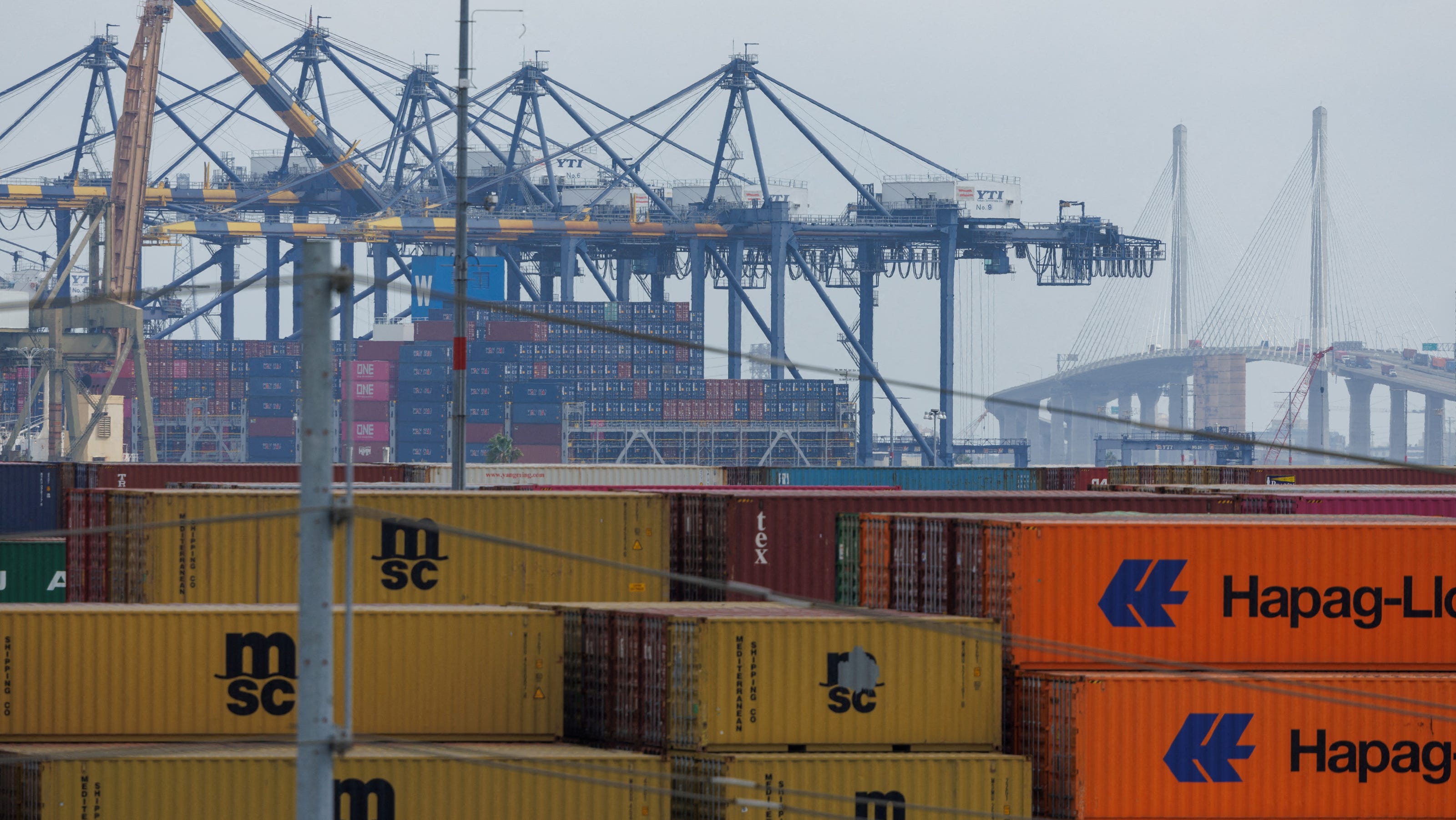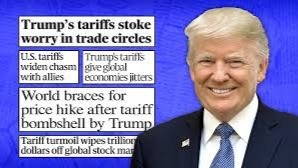EU Faces Economic Shock as US Trade Deal Triples Tariffs on Exports
In a significant shift in transatlantic economic relations, European Union leaders are grappling with the ramifications of a new trade agreement with the United States that has raised tariffs on most EU exports to 15%. The framework deal, reached on Sunday, has prompted immediate concerns among European politicians and business leaders about the bloc’s diminishing economic influence and its implications for future trade dynamics.
Background & Context
The recent trade agreement marks a pivotal moment in EU-US relations, reflecting broader geopolitical shifts and economic strategies. Over the past few years, the EU has sought to strengthen its trade ties with the US, a major market for European goods. However, the newly agreed-upon terms represent a stark departure from previous arrangements, with the EU now facing a tripling of tariffs on a wide array of exports. This move comes at a time when the euro has already begun to falter, dropping to a five-week low of $1.1527 against the dollar, a decline of approximately 1.8% since the announcement of the deal.
European Commission President Ursula von der Leyen, under pressure from member states to secure a deal that would prevent a potential trade war, has been criticized for accepting what many see as unbalanced terms. With the EU maintaining its own tariffs on American goods at 1% or less, the agreement raises questions about the future of transatlantic trade and the EU’s bargaining power on the global stage.
Key Developments
During a recent meeting of European ambassadors in Brussels, the stark realities of the deal were laid bare. While the agreement ostensibly lowers the risk of a trade war—an outcome that could have devastating effects on the global economy—many EU officials are concerned about the long-term implications of the deal on European businesses. The tripling of tariffs is expected to hit sectors such as automotive, machinery, and agriculture particularly hard, raising costs for exporters and potentially leading to job losses.
Several EU politicians have voiced their frustrations, suggesting that the bloc’s loss of leverage in negotiations may signal a need for a reassessment of its trade strategies. The EU"s acceptance of such terms has led to speculation regarding its ability to advocate for fair trade practices in future negotiations, not only with the US but also with other global trading partners.
\n\n
Image for EU Faces Economic Shock as US Trade Deal Triples Tariffs on Exports
Broader Impact
The implications of this trade deal extend beyond immediate economic concerns. Experts warn that the increased tariffs could lead to a ripple effect throughout the European economy, stifling growth and innovation at a time when many countries are still recovering from the economic impacts of the COVID-19 pandemic. The potential decline in exports may also exacerbate existing economic disparities within the EU, as countries that depend heavily on exports to the US could face severe challenges.
Historically, trade agreements have shaped the economic landscape of regions; however, this deal appears to underscore a growing imbalance in power dynamics between the US and the EU. As previously reported, the EU has been striving to enhance its global economic clout, but this agreement may set back those efforts significantly. The EU"s position as a key player in international trade could be jeopardized if it cannot effectively counterbalance the US"s economic strategies.
What"s Next
Looking ahead, the EU is expected to engage in further negotiations to address the immediate challenges posed by the new tariff regime. European leaders are likely to explore avenues for mitigating the impact of the increased tariffs on their economies, possibly through diplomatic channels or by seeking new trade agreements with other nations to diversify their market access.
Additionally, as the global economy continues to evolve, the EU may need to reassess its trade policies and strategies to ensure that it remains competitive. Future discussions may also focus on fostering stronger ties with non-US trading partners, as the bloc seeks to adapt to the new economic landscape shaped by this recent deal.
As the situation develops, stakeholders from various sectors will be closely monitoring the effects of the trade agreement, weighing its potential for both challenges and opportunities in the evolving global trade environment.

Image for EU Faces Economic Shock as US Trade Deal Triples Tariffs on Exports







![[Video] Gunfire between Iraqi security forces and Sadr militias in Baghdad](/_next/image?url=%2Fapi%2Fimage%2Fthumbnails%2Fthumbnail-1768343508874-4redb-thumbnail.jpg&w=3840&q=75)
